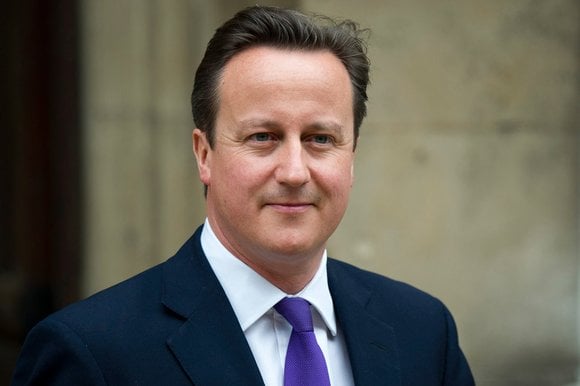No man – or economy – is an island, so the UK’s referendum on leaving the European Union threatens to return it to the ‘splendid isolation’ paradigm last seen in the 1900s.
The term ‘splendid isolation’ was first heard from the Canadian politician George Eulas Foster, who was praising a policy designed to reduce Britain’s involvement in European affairs.
History repeats itself, as they say, but time cannot go backwards without the UK paying the cost of losing the benefits brought by one of its major trading partners – the European Union.
Already, the Pound Sterling has lost ground against its major rivals, and the GBPUSD has fallen from a high of 1.4776 at the beginning of the year to a low of 1.3628 in late February when the referendum was announced.
Advertisement
Some may say that a weaker Pound would make British goods and services more competitive and affordable. There is certainly an argument for this, but the trade deficit of 3.8 billion GBP – while declining for two straight months from 4.3 billion GBP – is still the highest for eight years on weak global and domestic demand.
And this is the key issue. The UK is well-and-truly part of a global economy, so just how easy would it be for it to ‘decouple’ from the EU, of which it has been a full member since 1973? The Bank of England has already taken its position and is extremely bearish on the prospect of a Brexit. BoE Governor Mark Carney believes that it would lead to a technical recession, and he’s certainly got a point.
So, just what are the risks to Britain’s economy if it decides to live in an economic splendid isolation?
Advertisement
The number one risk, as described by the IMF, is uncertainty. Investors don’t know what will happen in the case of a Brexit and they are tailing off their hiring and asset buying, which will likely increase unemployment and reduce confidence in the short term.
The next risks are the lingering effects of global and domestic recession that has put the sword to the economy’s neck in the years since 2007. A weaker financial sector, a higher government debt and a reduction in productivity are all still taking their toll.
The evidence of this is the sputtering GDP growth. The UK’s first-quarter GDP growth was just 0.4 percent, quarter-on-quarter, down from 0.6 percent in the fourth quarter of 2015. That’s the wrong direction, but can it be blamed solely on the EU? Given that the UK is a global economic player, I don’t think that one particular region can be blamed, because all regions – North America, Asia, Europe and Africa are facing sluggish growth. Yes, the sovereign debt crisis stemmed from the EU and it cost all its member states a considerable amount of pain and cash, but then again, the root of this crisis was the US subprime crisis – does the UK now propose to throw out all the trading benefits it now holds with the US?
The prospect of starting all trade relations from scratch is a daunting one, given that so many of them are via the EU. There is one still being negotiated – the EU-US Transatlantic Trade and Investment Partnership, so the UK risks being left out in the cold in the case of a Brexit. As the IMF points out, without the EU, trade barriers will go back up again for the UK. The bureaucratic implications and resources needed to re-negotiate all the trade deals with each European country will take years, and be extremely confusing for domestic and foreign business partners.
Advertisement
The IMF estimates that 1.5-9 percent of the UK’s GDP could be lost in the case of a Brexit.
A tail-off in the UK’s economy will likely impact globally-traded assets, including Gold and other commodities, along with Stocks. Other markets may also see an impact, with the UK currently in a leadership position as an international financial market, the expected weakness following a Brexit could give its competitors in emerging markets a leg up.
The lead-up to the Brexit vote has already shown the world what should be expected if the UK leaves the EU. Weaker domestic growth in the UK, uncertainty over its trade relations with the rest of the world, and less confidence in the UK as a leading financial centre.
With the risk factors being so high, it’s clear that a Brexit would derail the UK’s short-term growth hopes.
Advertisement







